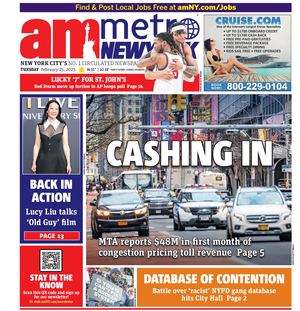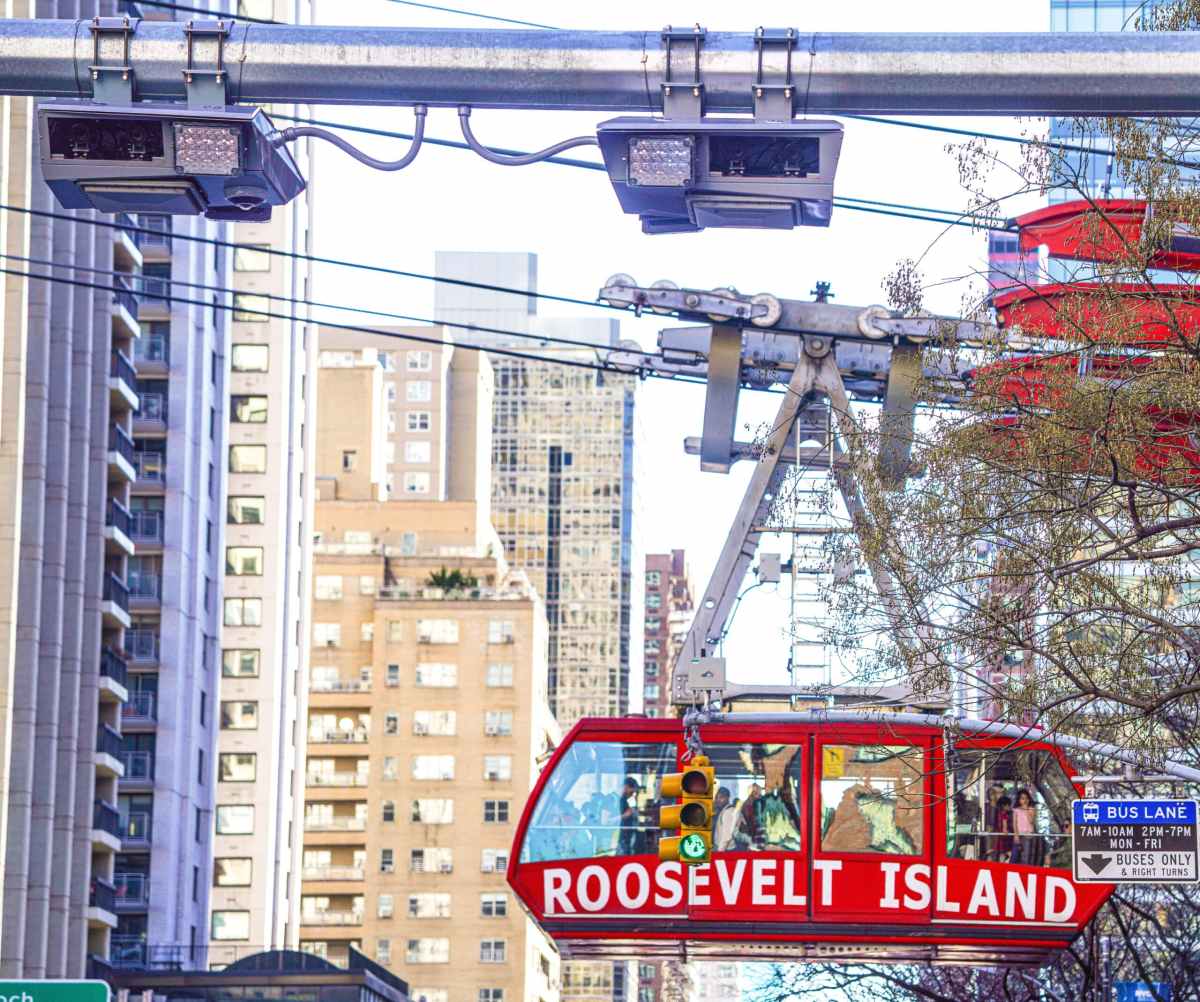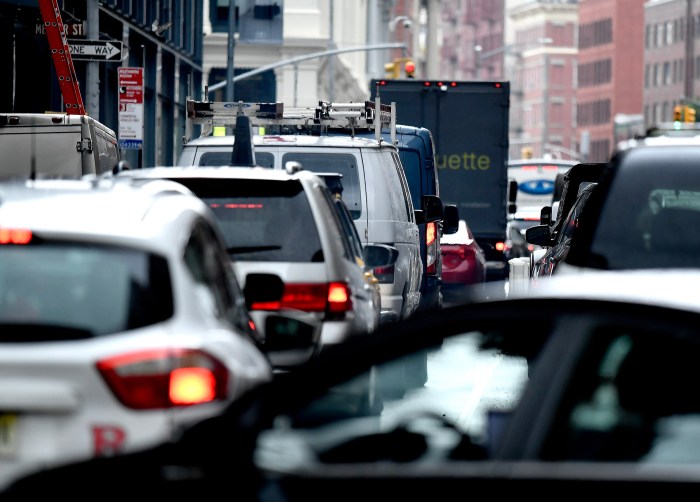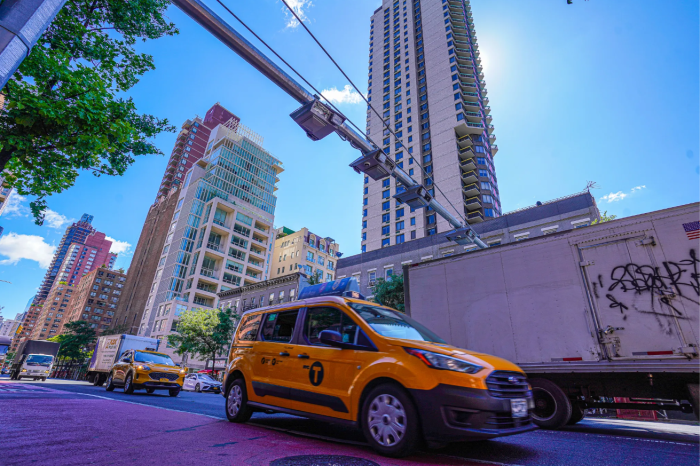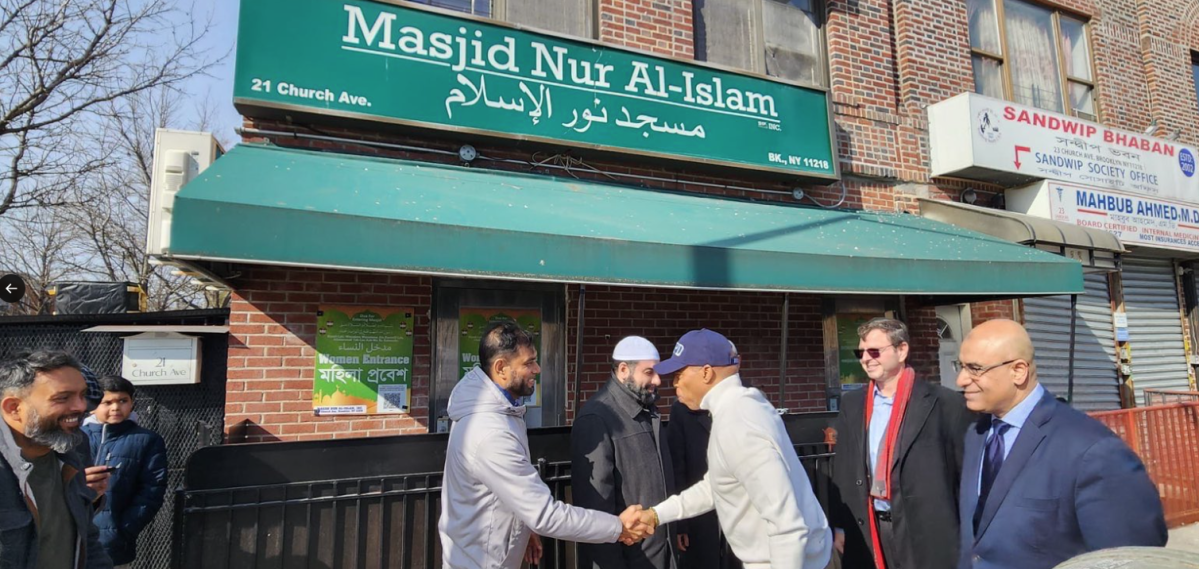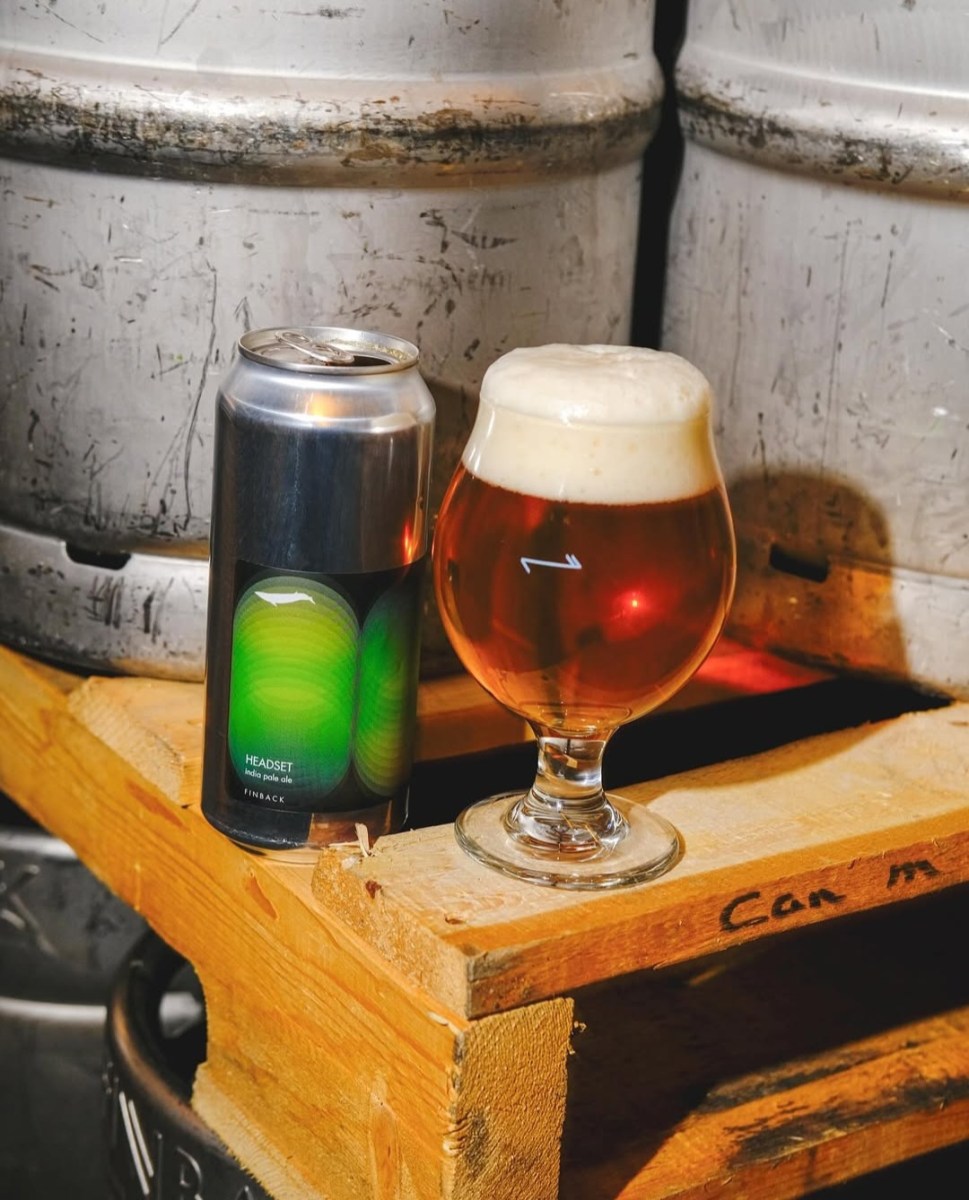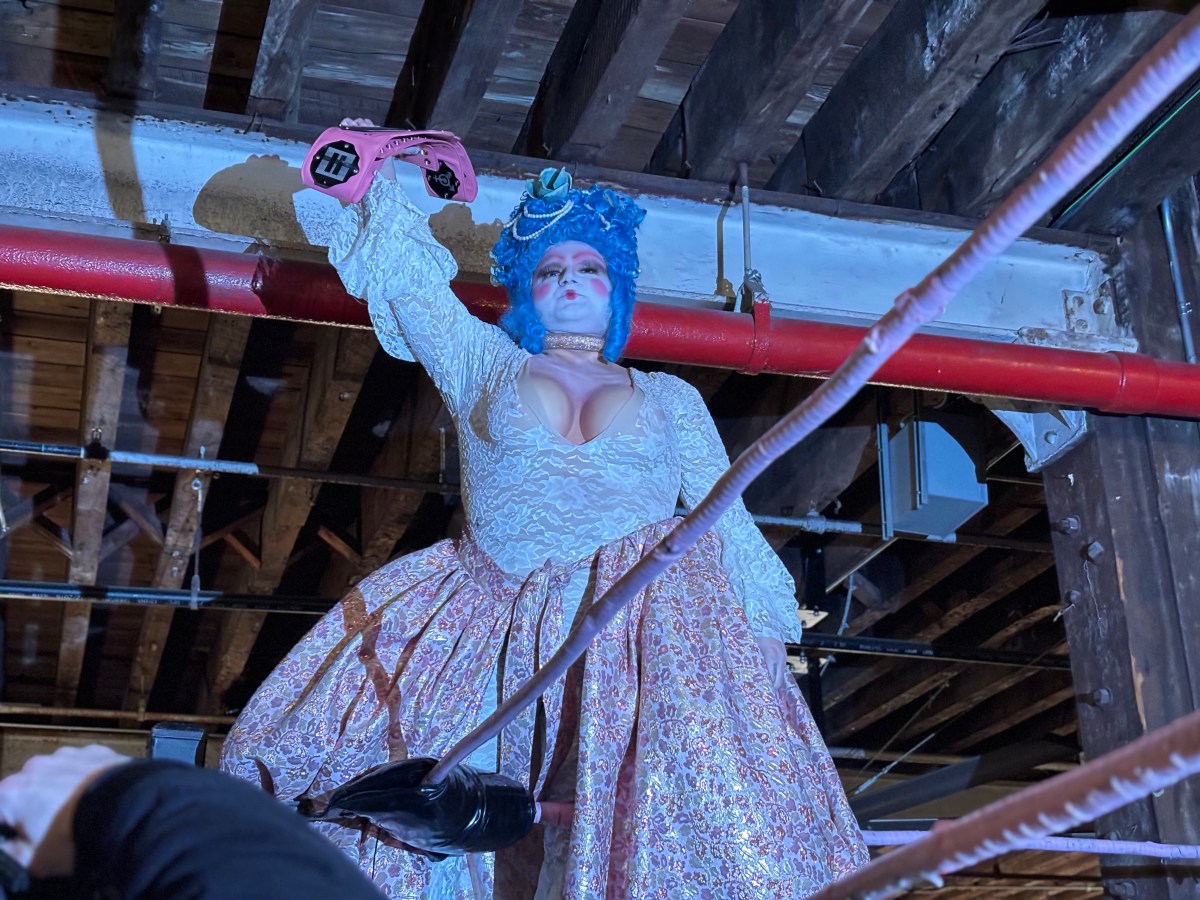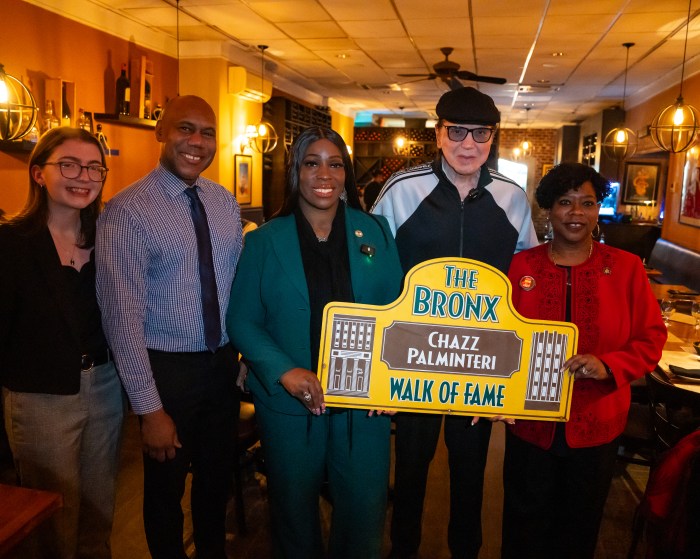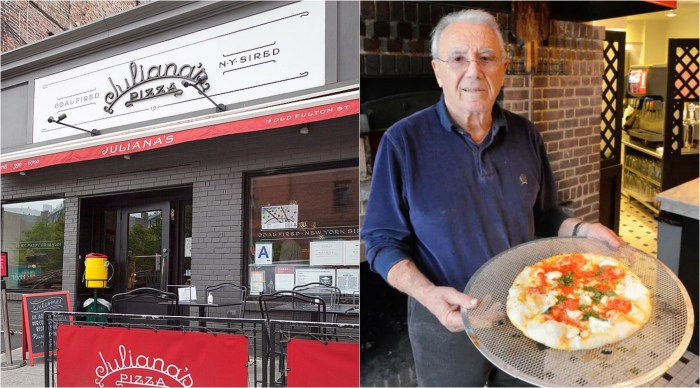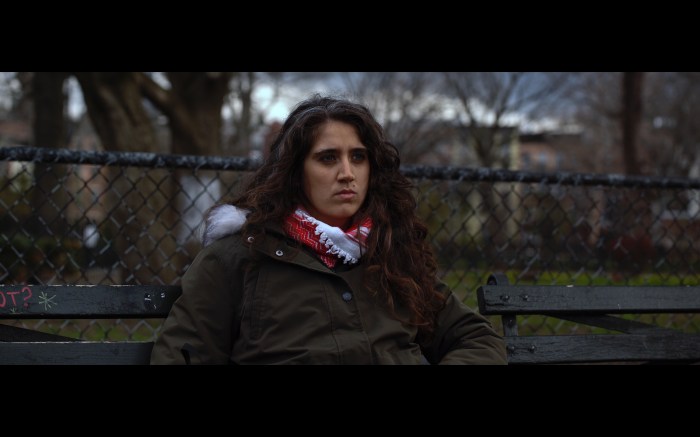Gov. Kathy Hochul is reportedly considering reviving congestion pricing, which she paused this summer, as the start of Donald Trump’s second presidential term looms.
Politico reported that Hochul is weighing her options with the federal Department of Transportation to revive the toll of driving into Manhattan south of 60th Street. Specifically, she is reportedly interested in whether lowering the base toll for motorists from $15 to $9 would require another lengthy environmental assessment. amNewYork Metro was unable to independently verify the report — which was also covered by the New York Times and NY1 — by press time.
Since pausing congestion pricing in June, Hochul has repeatedly said that $15 is too high of a toll for New Yorkers already reeling from high levels of inflation. Pursuing a $9 toll would be significant because the federal environmental assessment for the scheme had originally recommended a base toll for motorists of between $9 and $23 — an internal MTA tribunal called the Traffic Mobility Review Board (TMRB) settled on $15.
By going for $9, Hochul would be betting that she can avoid another environmental review and get the tolls running before Trump’s Jan. 20 inauguration.
Trump has promised to “TERMINATE” the toll in his first week in office. Advocates, who are pushing for Hochul to revive the tolls quickly, believe it would be harder for Trump to cancel congestion pricing if it were active by the time he takes office.
Spokespersons for Hochul and the MTA didn’t return amNewYork Metro’s requests for comment Sunday. Last week, Hochul told reporters she had recently spoken with the Biden administration on congestion pricing and would present “announcements and … a funding plan” by the end of the year.
The stakes are high for New York. Not only was congestion pricing set to reduce traffic in Lower Manhattan by about 17%, it was also the backbone for $15 billion in funding for capital improvements to the MTA’s transit system. That includes a new generation of railcars, modern signals on several train lines, elevators and other accessibility improvements, and major expansions like phase 2 of the Second Avenue Subway.
All of those projects are now in limbo following the pause, and could be on the chopping block permanently should the president-elect cancel the program.
At the time of the pause, congestion pricing was set to start within just weeks, but Hochul had her transportation commissioner withhold her signature from a federal document formally authorizing the MTA to conduct a “value pricing pilot program,” or VPPP. Should congestion pricing not start by Jan. 20, Trump could rip up the VPPP.
The program was first approved by New York lawmakers in 2019, but Trump’s first administration slow-walked the environmental assessment, part of a pattern for New York-based transit infrastructure projects that also included the Gateway Tunnel under the Hudson River. The process started in earnest under Biden, with the environmental review finishing in 2023 and the program set to begin on June 30 of this year, before Hochul announced the pause.
Rumors swirled that, despite Hochul’s economic pronouncements, the real reason for the pause was to help Democrats win back vital suburban House seats where the toll is broadly unpopular. On Nov. 5, Democrats flipped three of those seats, though control of the House nationally is still in question.
Following Politico’s report, one of the victorious Democrats, Laura Gillen in Nassau County, posted on X, “We need a permanent end to congestion pricing efforts, full stop. Long Island commuters cannot afford another tax.”
Even if a new $9 toll doesn’t require a full environmental assessment, it could still require a re-evaluation by the feds to determine if it fits within the existing environmental assessment, plus a stamp of approval by the TMRB. Neither the MTA nor the federal DOT immediately returned requests for comment on that front; it’s unclear how long either of those processes could take.
Meanwhile, congestion pricing was stipulated in the original law to raise $1 billion per year for the MTA’s capital program; should the base toll be lowered to $9, it could require other aspects to be raised, including tolls on trucks, or a reduced “crossing credit” for those traveling across already-tolled bridges and tunnels run by the Port Authority.
